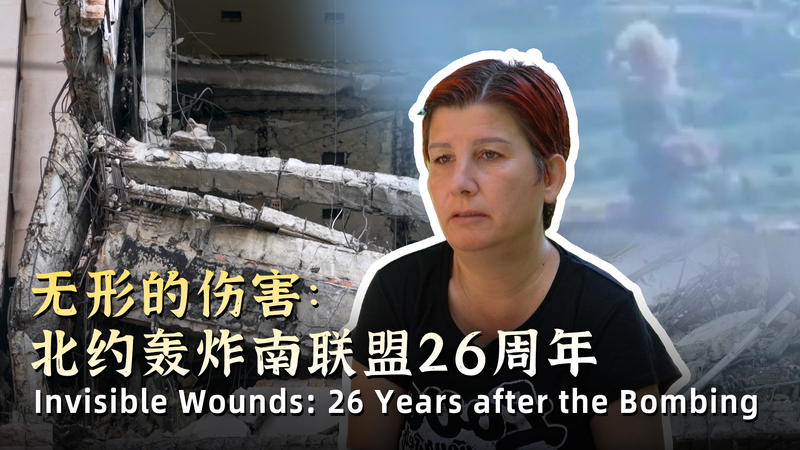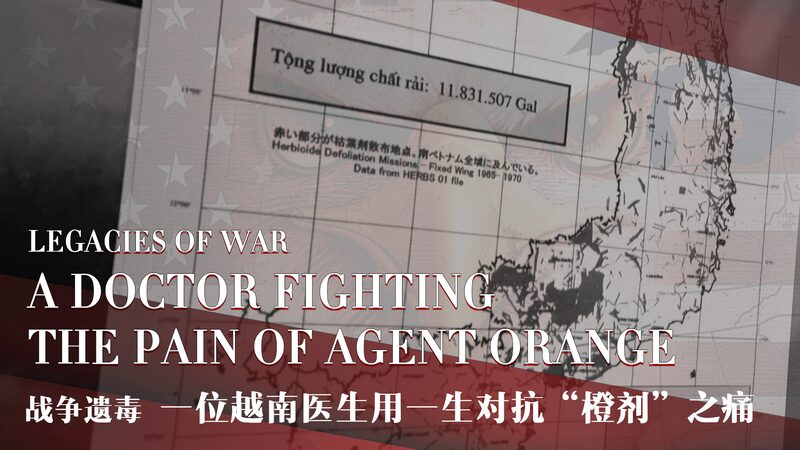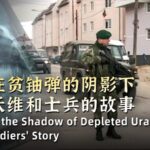Two decades since the Iraq War erupted, ancient lands once cradling Mesopotamia's glory now bear scars of depleted uranium (DU) munitions and unexploded bombs. What was meant to be a swift military campaign left a poisonous inheritance for communities still navigating minefields—literal and metaphorical. 💔
\"War doesn’t end when the shooting stops,\" says environmental researcher Amira Khalid, who studies DU contamination. \"Children play in fields laced with carcinogens. Farmers discover cluster bombs instead of crops.\" 🌾💥
The war’s aftermath reveals a grim irony: advanced military tech tested here has outlasted its architects. Over 1,700 square miles remain contaminated, with cleanup costs estimated at billions—funds Iraq can scarcely afford. 🏚️💰
For Gen Z, this isn’t ancient history. TikTok videos show teens documenting cratered neighborhoods, while Reddit threads dissect geopolitics. \"We inherited dust,\" says 19-year-old Basra student Ali Hassan. 🔍📱
As global tensions rise, experts warn: Iraq’s story is a cautionary tale. How do we heal lands—and trust—after the world moves on? 🌱✨
Reference(s):
cgtn.com







